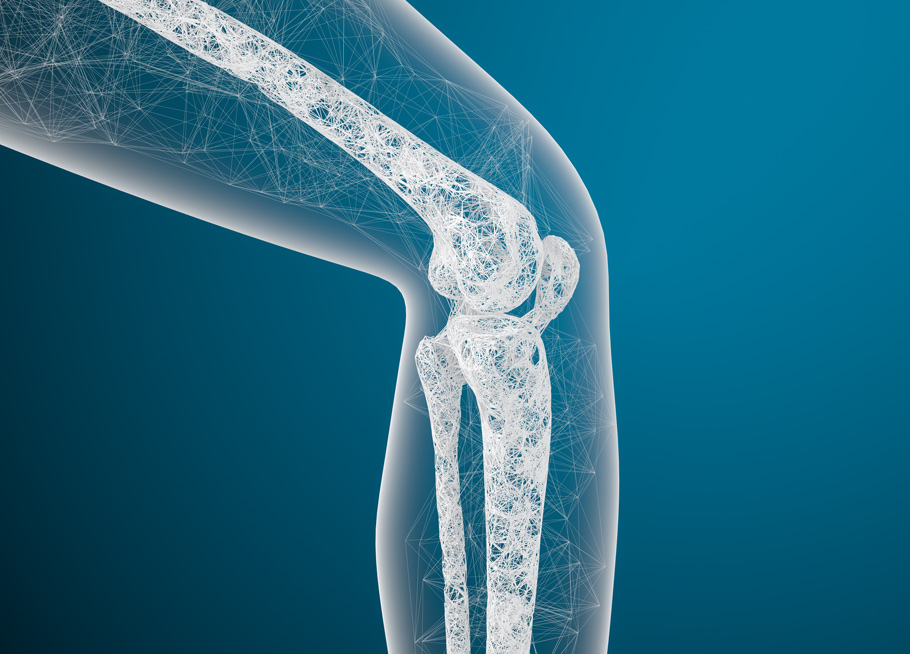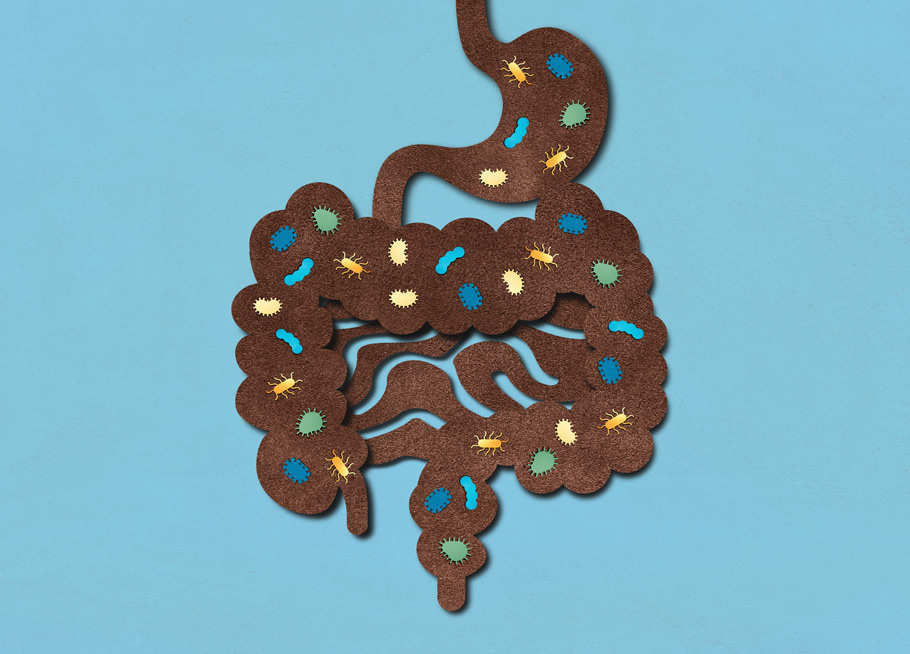
Enteropathic arthritis, a form of inflammatory arthritis associated with inflammatory bowel diseases (IBD) such as Crohn’s disease and ulcerative colitis, presents unique challenges in its management. The primary question many patients and clinicians ask is: Can enteropathic arthritis be cured? While there is currently no definitive cure, there are treatments available that can significantly manage and reduce the symptoms, leading to improved quality of life for patients.
Understanding Enteropathic Arthritis
Enteropathic arthritis is a condition that typically manifests in conjunction with flare-ups of IBD. Its origins lie in the complex interactions between genetics, the immune system, and environmental factors.
The Gut-Joint Connection
The inflammatory processes in the gut, observed in IBD, have a ripple effect that can cause inflammation in the joints. This underscores the delicate balance between the gut and other systems within our body.
“The gut and the joints share a mysterious bond; when one flares, the other often follows suit.”
Current Therapies for Enteropathic Arthritis
While a cure remains elusive, there are several treatments that target the symptoms and underlying causes of enteropathic arthritis.
Pharmacological Interventions
Medications form the bedrock of enteropathic arthritis management:
- Non-Steroidal Anti-Inflammatory Drugs (NSAIDs): These drugs reduce inflammation and pain, although they can exacerbate IBD symptoms in some individuals.
- Disease-Modifying Antirheumatic Drugs (DMARDs): These aim to suppress the immune system and reduce inflammation, benefiting both the joints and the gut.
- Biologics: These are newer medications designed to target specific parts of the immune system that drive inflammation. They are often used for more severe cases or when other treatments aren’t effective.
Lifestyle and Dietary Adjustments
Many patients find relief by modifying their lifestyles:
- Diet: Specific diets, such as the Mediterranean diet or low-FODMAP diet, can reduce IBD flare-ups and subsequently, joint inflammation.
- Exercise: Regular movement can help maintain joint function and reduce stiffness.
- Stress Reduction: Stress is a known trigger for IBD flare-ups. Techniques such as meditation, deep breathing, and yoga can help manage stress levels.
Prognosis and Quality of Life
While the journey with enteropathic arthritis can be challenging, many patients lead fulfilling lives with the right treatment and support.
Regular Monitoring
It’s crucial for patients to maintain regular check-ups to monitor both their IBD and joint health. Adjusting treatments based on the disease’s activity can lead to better outcomes.
The Importance of a Holistic Approach
“Treating enteropathic arthritis isn’t just about addressing the joints or the gut in isolation; it’s about viewing the patient holistically and understanding the intricate connections.”
In Conclusion: The Road Ahead for Enteropathic Arthritis
Can enteropathic arthritis be cured? The current medical landscape suggests that a complete cure isn’t available yet. However, with the advancements in medicine and a deeper understanding of the disease, there’s hope that more effective treatments, and potentially a cure, might be on the horizon. For now, a combination of medication, lifestyle adjustments, and a supportive healthcare team can provide patients with a path to a symptom-reduced life.
Article by Dr. Naveen Bhadauria



